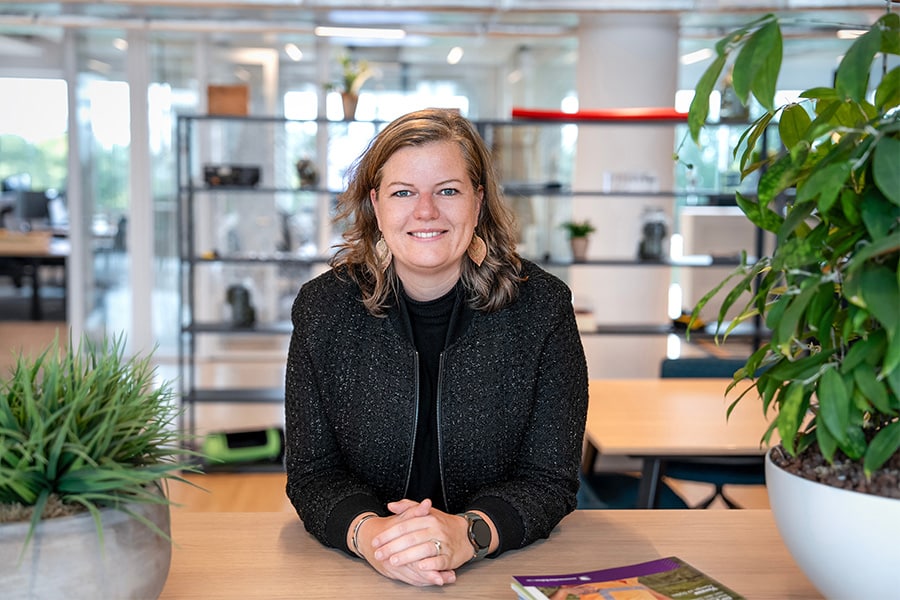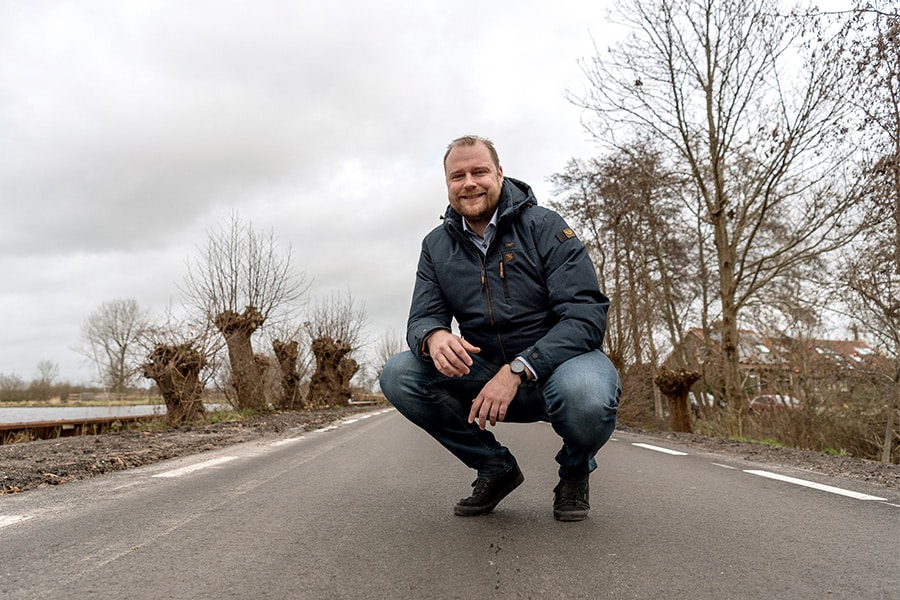
Digital resilience on paper, digital dependency in practice
The European Union loves rules. While the US and China compete for AI leadership, Brussels pushes forward another pile of paper. Starting next year, organizations in almost all sectors, including GWW, will have to deal with the Cyber Security Act. It is the Dutch translation of the European NIS2 directive. This adds three more obligations: a duty of care, a duty of registration and a duty to report. Because if we record everything neatly, digital security will work itself out. Right?
Well ... no. Because while Brussels piles up rules, we have outsourced our digital base to American tech giants. That didn't seem like a problem for a long time, until the U.S. suddenly decided to block e-mail accounts from the International Criminal Court in The Hague. We may be resilient on paper, but in practice we only recently realized that the key is not in our own pockets. What to do.
Digital resilience: make choices
Of course we think digital resilience is important. But oddly enough, it often remains something for ‘the IT department,’ as if it's all about firewalls, patches and that one Excel sheet with risk scores. As long as the Internet is working and the backup is running, everything seems fine.
But true digital resilience is about fundamental choices: What software do you get and what technology do you dare to rely on? In which ecosystem do you land your data? Does every tool really have to be in the cloud of an American tech giant? Or are there alternatives that contribute to control over your own data and processes?
Digital autonomy may sound like an abstract ideal, but in practice it's simple: do you want to choose for yourself or do you want to be wrapped up (and surprised) by a supplier on the other side of the ocean who never speaks to you but does have all your data?
Beyond the Brussels checkmark
In the GWW sector, we also see the use of American software and infrastructure. Understandable, but this should not be a reason to relinquish control. The sector must take conscious steps toward greater control and technological independence.
Choosing software developed in Europe, with European customers and regulations in mind, is a crucial step in this. A growing number of solutions are being built on open source foundations. This ensures transparency and a significant degree of technological independence. The advantage is that this software can function with minimal modifications in data centers of European providers, without the need for an American ‘key.
True digital resilience, in short, does not start with a directive from Brussels. It starts with critical reflection on the basics: who do we trust with the digital foundation of business operations? The preference should be for technology that is insightful, understandable and, if necessary, portable. While such an approach may not immediately earn a ‘check mark’ in a theoretical audit report, it does make the industry more resilient in practice.
The Pen - Peter van Meijel – Director Van Meijel Automatisering bv




